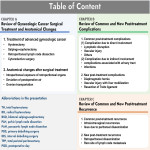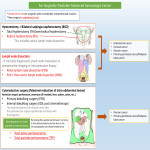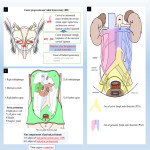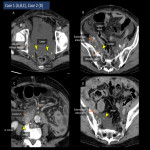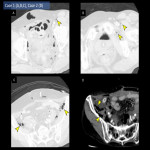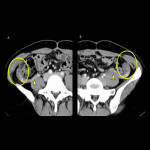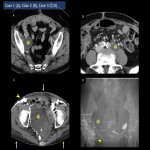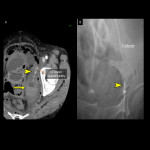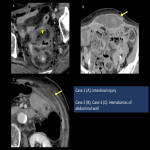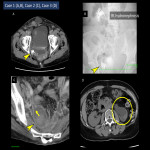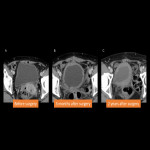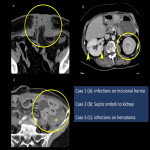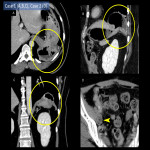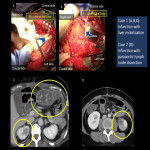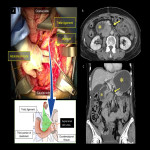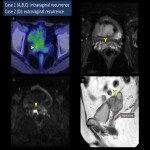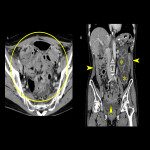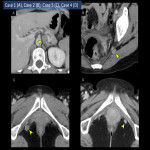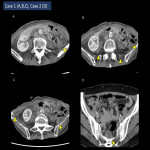Type:
Educational Exhibit
Keywords:
Abdomen, Genital / Reproductive system female, Oncology, CT, MR, PET, Surgery, Treatment effects, Education and training, Metastases, Outcomes
Authors:
S. Oda, H. Kuno, T. Hiyama, T. Kobayashi
DOI:
10.26044/ecr2023/C-12298
Background
Gynecologic tumors are often located in the narrow pelvis, which is densely packed with blood vessels, lymphatic vessels, nerves, and ureters; therefore, surgical or other interventional complications are often unavoidable. As some complications can be fatal without intervention, clinicians need to be familiar with their pathogenesis. Recent advances in gynecologic treatment, such as total parietal peritonectomy (described here as a new treatment), have improved survival outcomes. With the expanded indications for these highly retroperitoneally invasive treatments, newly experienced complications have become more common. Familiarity with both common and new post-treatment findings is essential for accurate detetction of abnormalities. The purpose of this presentation is to improve familiarity with this new knowledge, along with classical post-treatment complications, thereby improving post-treatment management (Table of Content: Fig.1).


